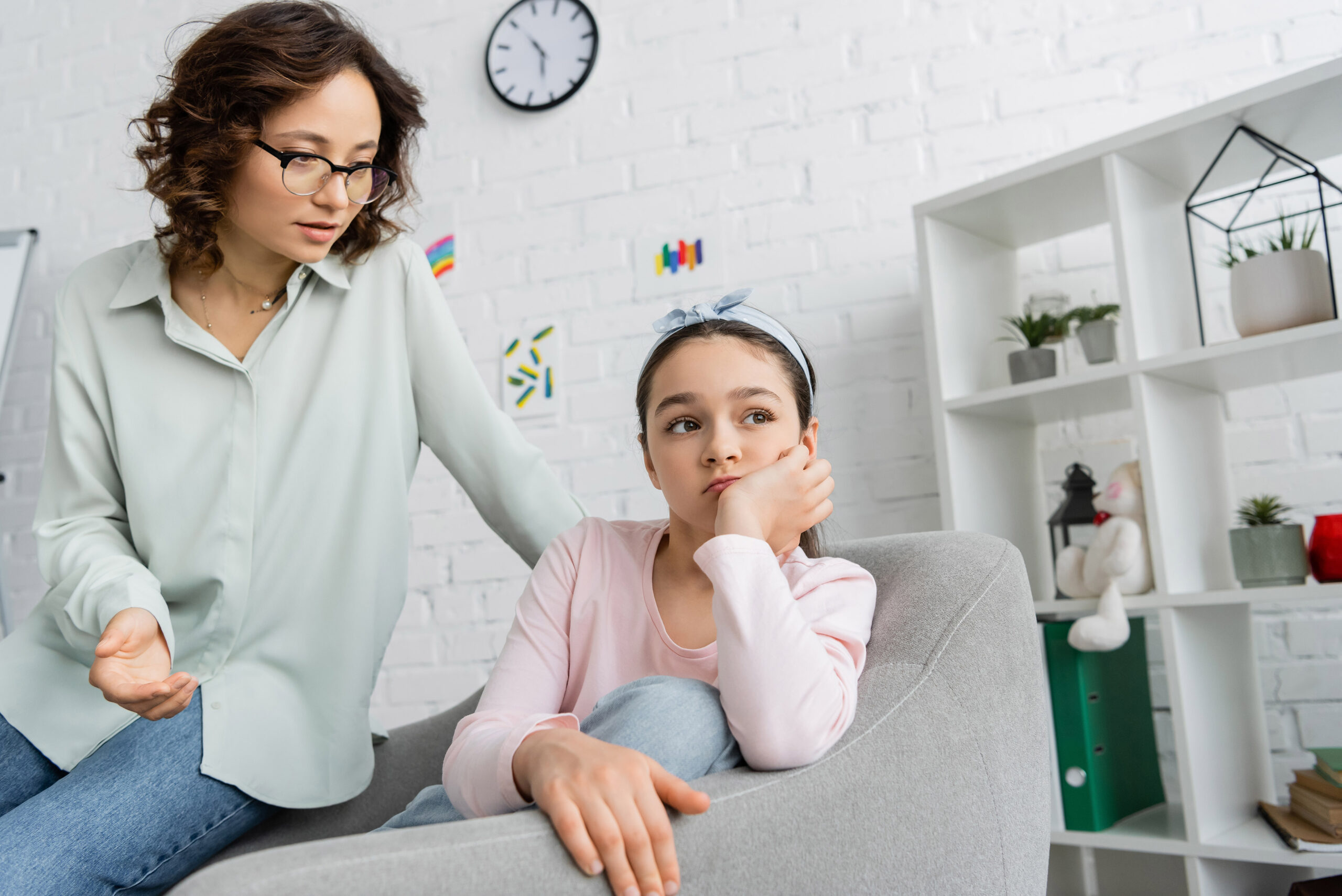As a parent, do you tend to hover over your children, rushing to their rescue at the first sign of trouble? Chances are that you might be smothering your child with your overcontrolling behaviour. Priya Chaphekar unfolds the dos and don’ts of helicopter parenting.
It’s a good thing to establish a sense of connectedness with your children, letting them know that you always have their back. But it’s sort of unhealthy to track all aspects of your child’s development. “Helicopter parenting can cause children to be very high strung and hyper. Usually, these kids come with negative belief and low confidence. They are pushed to excel and never applauded for their laurels. Most helicopter parents don’t give space to their children to grow and make their own decisions, and that damages their sense of self-worth,” elaborates Clinical Psychologist and Author, Seema Hingorany.
Are you a helicopter parent?
Helicopter parents are those who try to keep a tab on every move of their child. They nag their children to do their homework, even rewrite it so they can score higher grades. Fraught with anxiety, they’re too scared to part with their kids and take complete control of their dreams and ambitions. While some are of the opinion that this type of parenting makes the kid more loved and cared for, research indicates that it interferes with the parent-child relationship and stunts the children’s ability to manage their emotions in the long-run. “A helicopter parent actually chooses to think for their children, because they feel that they and only they are capable of making appropriate decisions for their children. This could lead to psychological (depression, low self-esteem), physical (headache, weight loss/ gain), academic (memory lapses, distraction) and behavioural (aggression, withdrawal) problems in children,” highlights Senior Psychiatrist and Cognitive Therapist, Dr Shefali Batra.
A fine balance
The best parenting is when you have a balance—when you know when to step in and when to let the children grow on their own and learn from their mistakes. “Kids who have overly connected parents often feel smothered by their love and affection. Parents need to consciously work on their own set of beliefs and negative patterns, so that it doesn’t seep into their parenting style,” points out Seema.
Thirty one-year-old Chetna Israni Jain, Partner, Morning Star Brandcom LLP, believes that overprotection works when the kids are little, but the degree of dependency should consciously be decreased over time. “I did micro-manage things for the first three years after my daughter was born. However, we nudged the boundaries a little every passing day thereafter, until we reached a point that worked best for us. I have always tried to work with her instead of on her. As kids grow up and try to explore their individuality, it’s important to be there for them at every step, without really mapping the path for them,” she shares.
Safe and sound
Remember those childhood days when we cycled around the city, made new friends at the park and played marbles till our fingers hurt? We had only landlines back then, and still, our mothers knew exactly where to find us. Unfortunately, we’ll never see those days again. “We don’t live in a secure environment anymore. Every few days, there’s a social media alert about a missing boy or a girl. In a world where child trafficking, abduction and drug abuse have become so rampant, it is normal for parents to be protective about their children,” says Deepali Shetty, Owner, Mumbai Staytion, a backpacker’s hostel.
But that does not mean you don’t allow the kids to play downstairs at all. Take the necessary precautions, make a quick scan of the situation and see how you can create that free space for your child.
Learn and apply
Parents today have become extremely competitive. But Freelance Features Writer and Academic Editor, Manali Das, lives by the adage–Give a man a fish, he will eat for a day, teach a man how to fish and he will live for a lifetime. “When my son was in nursery, the class had a Best Out Of Waste Competition. The kids were supposed to get the material from home and work on the project at school. While I was out getting the material, half the class (read moms) were already working on it at home. And wonder of wonder, the teacher accepted those projects too. No prizes for guessing that my son didn’t win,” she recounts.
It is natural and normal to expect your kid to excel and shine through, but there is a fine line between helping them and hovering over them. Kanishka Ramchandani, Managing Editor of Beauty Launchpad, always leaves projects a little incomplete at home, after helping her son. “I allow him an opportunity to fix or complete the project at school on his own. This helps in egging his creativity. And honestly, I don’t care about the grades at all. It’s more important that kids should have fun while making the projects and learn out of it,” she affirms.
In equal measure
Chetna has come up with a unique technique in which she and her daughter work with each other as equals, instead of her assuming the role of a pedestal parent. “It helps me gain insight into her comfort zones, her boundaries and her tendency to break patterns—things that are constantly changing as she grows and imbibes new environments and experiences. Although I am her mother and mean the best for her, it doesn’t mean I reinforce my way in every interaction,” says Chetna.
Her co-existence with her daughter nurtures their bond and helps it evolve. “She knows I need my ‘me’ time, and I know she needs her free play, no instructions time. So we try to work in harmony—we read a page or two, play board games, but it’s completely fine if she doesn’t enjoy it and wants to play with her dolls instead,” she adds.


